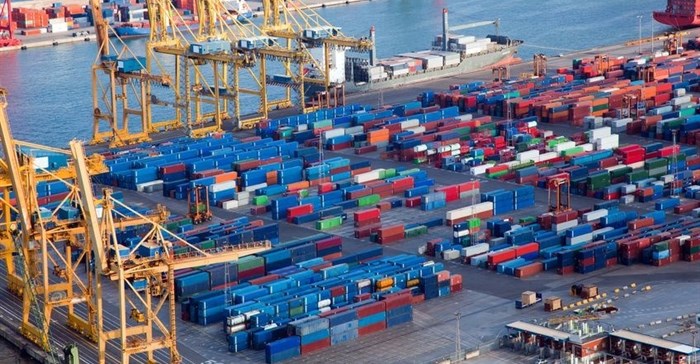The launch of a free trade agreement by three African economic blocs in Egypt this week will be an important step towards a potentially game-changing common market spanning the continent, supporters say.
The deal between the East African Community, Southern African Development Community and the Common Market for Eastern and Southern Africa will create a market of 26 countries with a population of 625 million and gross domestic product of more than $1tn.
The Tripartite Free Trade Area (TFTA) will be inaugurated at a summit of heads of state and government on Wednesday, 3 June, in Sharm-el-Sheik, Egypt after four years of negotiations to establish a framework for tariff preferences and other commitments.
"The launch of the TFTA is a significant milestone for the African continent," the South African government said.
"We believe that this sends a powerful message that Africa is committed to its economic integration agenda and in creating a conducive environment for trade and investment."
The move was welcomed by business leaders at the World Economic Summit for Africa in Cape Town last week, with participants highlighting the fact that just 12 percent of African countries' total trade is with each other - compared to some 55 percent in Asia and 70 percent in Europe.
"The tripartite trade agreement is really important as a first step for Africa... which then can engage with the European Union and others on a global basis," Michael Rake, BT Group chairman and a co-chair of the forum, said.
Africa's share of global trade stands at around three percent.
Boosting trade has long been an ambition of the African Union (formerly the Organisation of African Unity), and BACKERS of the latest move are aware of scepticism surrounding its prospects.
"I think Africa will surprise the world," Fatima Haram Acyl, the African Union's commissioner for trade and industry, said at the WEF.
"We're going to have our continental free trade area."
British colonialist Cecil Rhodes originally dreamt of unifying Africa from "Cape to Cairo" in the 19th Century under imperial rule from London -- a far cry for the diverse group of nations that will make up the Tripartite Free Trade Area.
Member states will range from relatively developed economies such as South Africa and Egypt to countries including Angola, Ethiopia and Mozambique, which are seen as having huge potential growth.
The United Nations Conference on Trade and Development said in a 2013 report that one reason for weak intra-African trade is that the focus has been more on the elimination of trade barriers than the development of capacity.
"If African governments want to achieve their objective of boosting intra-African trade, they have to create more space for the private sector to play an active role in the integration process," the report said.
The point was supported at the WEF by Jean-Louis Ekra, president of the African Export-Import Bank, who emphasised the need for African countries to add value to their exports rather than simply sell commodities.
He used the example of two major African cocoa producers who would be unable to sell cocoa to each other, but if they processed it into chocolate would be able to sell it across the continent.
The need for the industrialisation of African economies was a significant issue at the WEF.
Delegates noted that although the continent's growth has outstripped global GDP expansion by nearly three percentage points over the past 15 years, it faced falling commodity prices, power shortages, political instability and corruption.
WEF's biennial African Competitiveness Report said Africa's prospects for long-term growth are under threat from weakness in the core conditions for competitive and productive economies.
Despite the challenges, Africa's overall economy is expected to expand by 4.5 percent this year, according to a report by the Organisation for Economic Co-operation and Development, the African Development Bank and the UN Development Programme.
Source: AFP








































